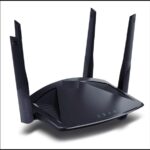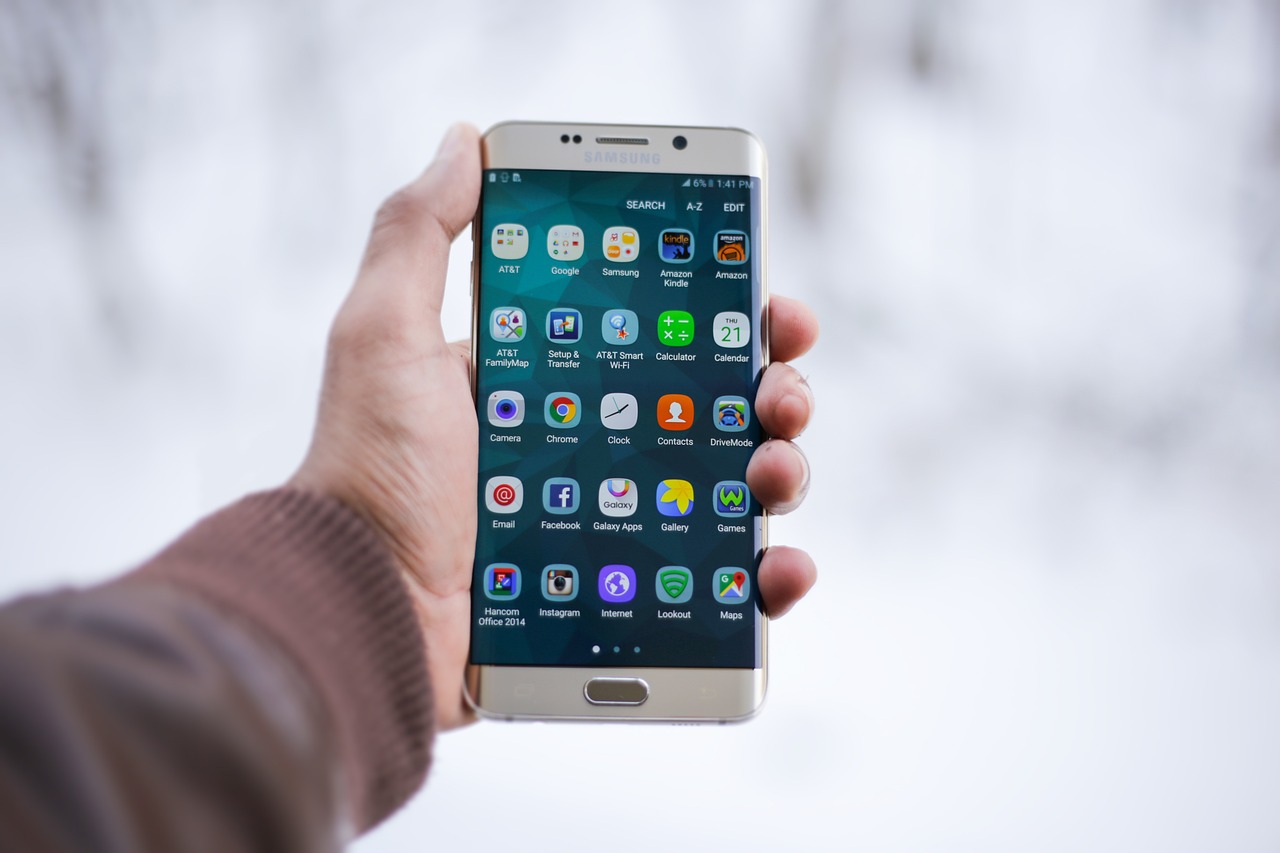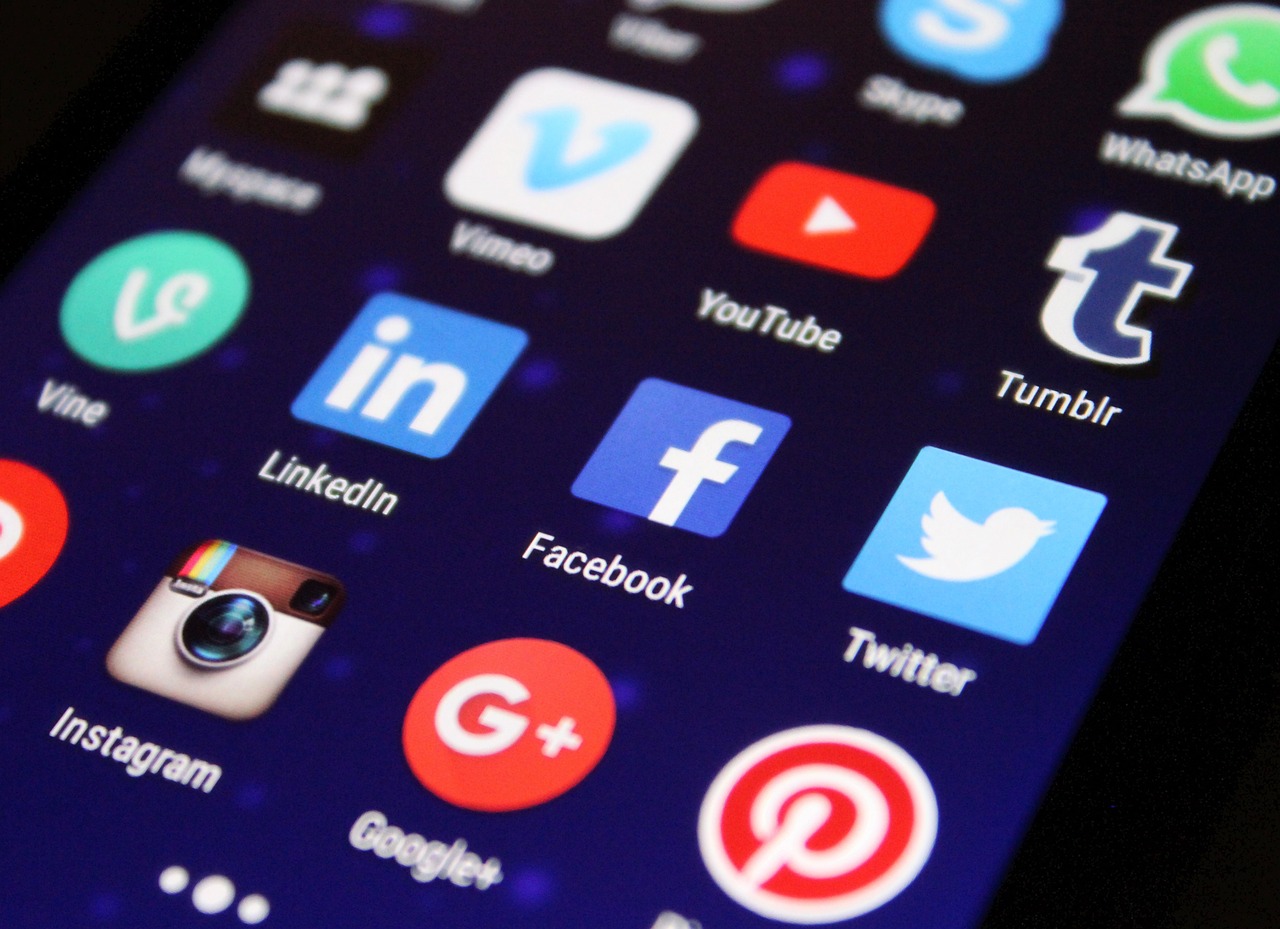n the ever-evolving landscape of technology, one phenomenon has undeniably altered the fabric of our daily lives:
Mobile Applications.
These pocket-sized programs, accessible at our fingertips, have revolutionized the way we communicate, work, play, and even shop. From social networking to banking, from fitness tracking to language learning, mobile applications have seamlessly integrated into the rhythm of modern existence.

The proliferation of smartphones has fueled the exponential growth of the app economy. With billions of users worldwide, the demand for innovative and user-friendly applications is incessant. As a result, developers continually push the boundaries of creativity and functionality, striving to cater to diverse needs and preferences.
One of the most striking impacts of mobile applications is their ability to streamline tasks and enhance efficiency. Whether it’s managing finances, organizing schedules, or accessing information on-the-go, these apps have become indispensable tools for productivity. Tasks that once required multiple steps and physical presence can now be accomplished with a few taps on a screen, empowering users to optimize their time and resources.
Moreover, mobile applications have fostered unprecedented connectivity and communication. Social media platforms have redefined how we interact, enabling instant communication and global networking. Messaging apps have transcended geographical boundaries, allowing individuals to stay connected with friends, family, and colleagues across continents in real-time. The world has become smaller, relationships stronger, and collaborations more accessible, all thanks to the power of mobile applications.
The influence of mobile applications extends beyond personal convenience; it has also catalyzed significant changes in various industries. The retail sector, for instance, has witnessed a shift towards e-commerce, with mobile shopping apps offering unparalleled convenience and personalized experiences. Similarly, the healthcare industry has embraced telemedicine apps, facilitating remote consultations and medical services, especially in times of crisis.
However, amidst the countless benefits of mobile applications, concerns regarding privacy and digital addiction have also emerged. The vast amount of personal data exchanged through apps raises questions about data security and user privacy. Moreover, the addictive nature of some applications has prompted discussions about responsible usage and digital well-being.
In conclusion, the impact of mobile applications on daily life is undeniable. From enhancing productivity to fostering connectivity, from transforming industries to raising ethical concerns, these digital tools have reshaped the way we live, work, and interact. As the app economy continues to evolve, it is essential to strike a balance between harnessing the benefits of technology and safeguarding against its potential pitfalls. After all, in the palm of our hands lies not just a device, but a gateway to a world of endless possibilities.









What i don’t realize is in truth how you’re now not really much more well-preferred than you may be right now. You are so intelligent. You know thus significantly in terms of this matter, made me for my part consider it from so many numerous angles. Its like women and men don’t seem to be interested until it¦s one thing to accomplish with Girl gaga! Your individual stuffs outstanding. At all times deal with it up!